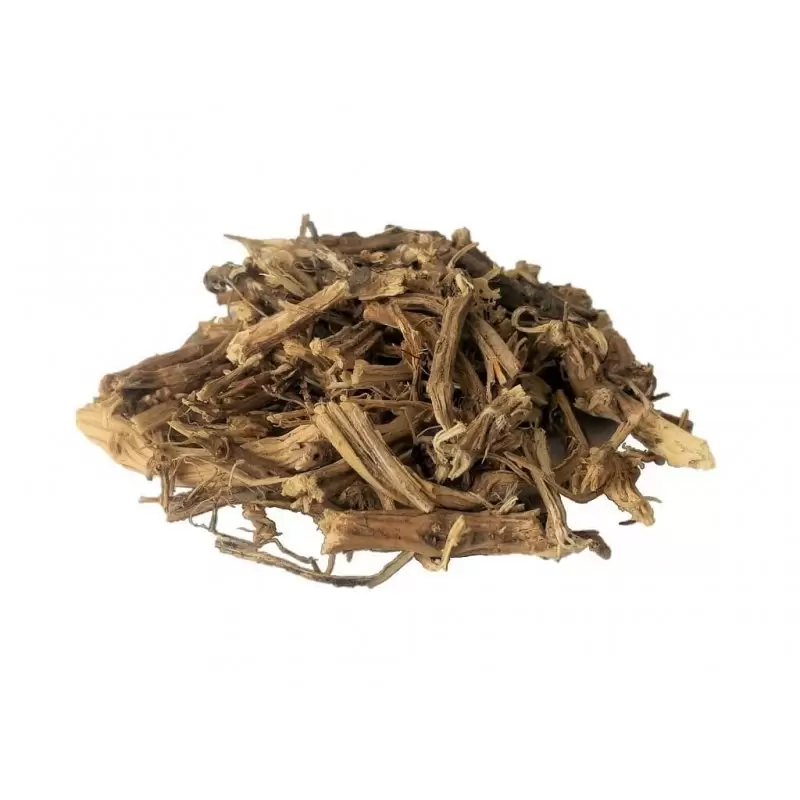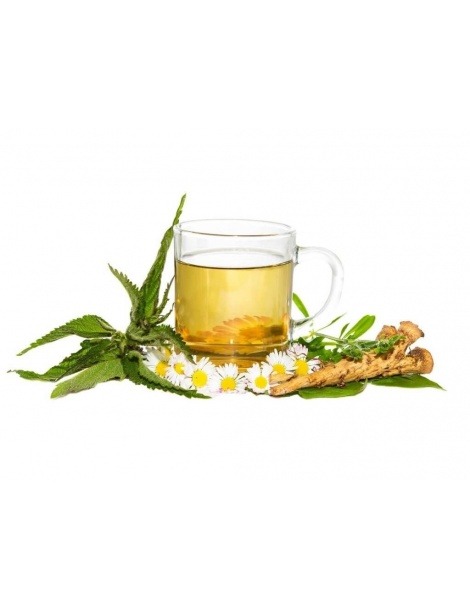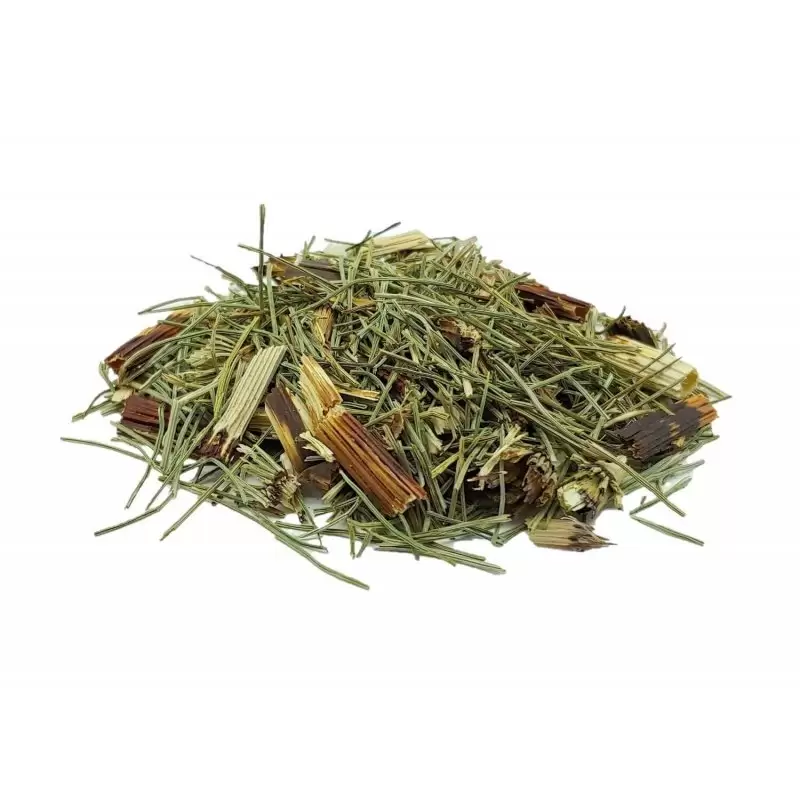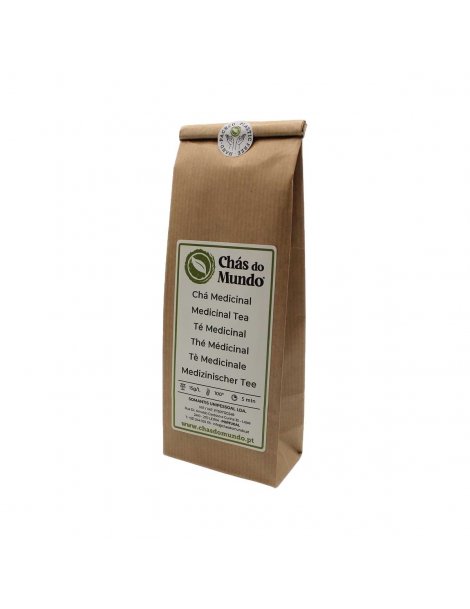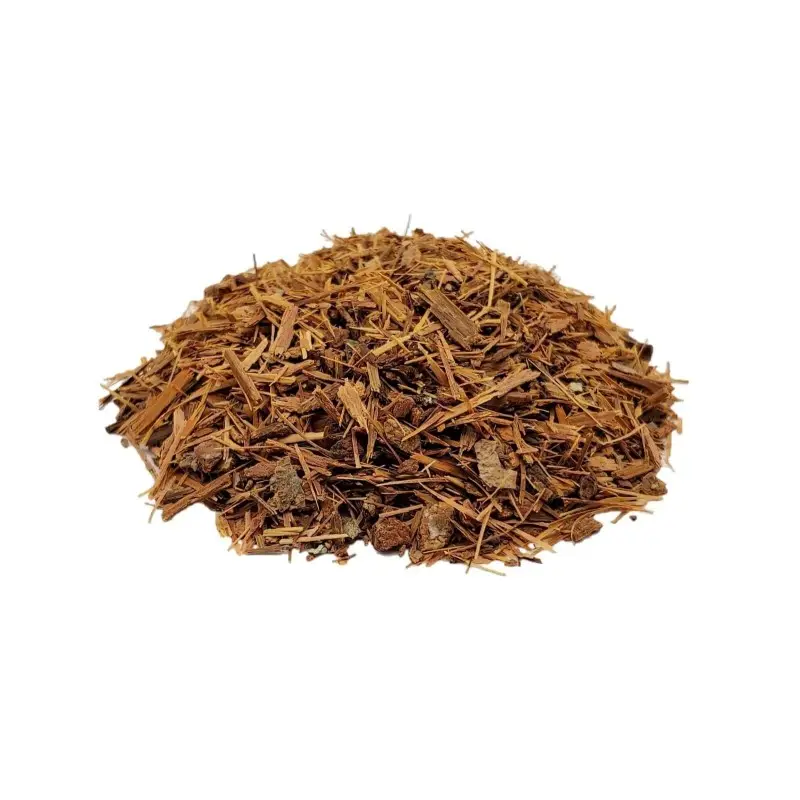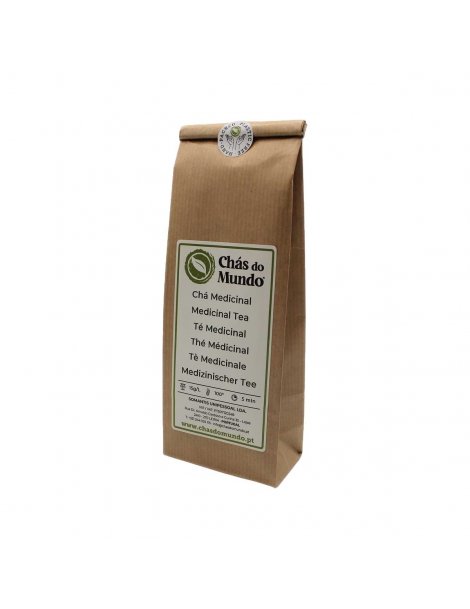Herbal Tea for Prostate
Benign Prostatic Hypertrophy

Fast delivery worldwide
Sent by: DHL, DPD, UPS, MRW, CTT
Herbal Tea for Prostate
Discover Herbal Tea for the Prostate, a formula of medicinal plants that promote the normal functioning of the prostate. Get yours and share your experience!
Ingredients: Grass root (Agropyrum repens L.), Cypress plant (Cupressus sempervirens L.), Bearberry leaf (Arctostaphylos uva-ursi), Horsetail plant (Equisetum arvense L.), Sarsaparilla root (Smilax officinalis L.) e Heather plant (Calluna vulgaris L.).
Curiosities:
Horsetail – Originally from the Northern Hemisphere, Horsetail is a plant belonging to the Equisetaceae family. That plant is rich in digestive, antioxidant, anti-inflammatory, toning, healing and diuretic properties. It is considered an excellent ally in regulating the menstrual cycle, even in the treatment of urinary infections and gonorrhoea. Enriched with vitamin C and potassium, horsetail can help fight anaemia, arthritis, fluid retention and gastric ulcer. In addition, it can contribute to the swelling of the eyes and the reinforcement of the defences.
The scientific name “Equisetum” derives from the junction of the Latin words “equi” (horse) and “setum” (tail). In the 18th century, the use of horsetail was recommended for the treatment of kidney stones. As a rule, horsetail stalks are used for tea consumption. This herbaceous plant with a slightly bitter aroma appeared about 600 to 250 million years ago. However, only 20 species of horsetail are still active today.
Sarsaparilla – Sarsaparilla is a climbing plant of the genus Smilax belonging to the family of Smilacaceae, composed of 260 species. Originally from Equatorial America, this plant consists of elongated stems that can reach more than 15 meters. In the wild, the fruits of sarsaparilla are very important for the survival of several species of birds. According to scientific records, this plant was used in 1574 to treat syphilis. Its potential was proven through the improvement of the health status of some Portuguese soldiers in 1812. From 1960 onwards, it was also applied to the auxiliary treatment of other sexually transmitted diseases.
May contribute to lowering cholesterol and preventing kidney stones. It is also known for its possible contribution to treating infections, inflammation, and even hormonal and rheumatic problems.
Water temperature: 100º
Infusion time: 5 to 10 minutes.
Recommended quantity: 2 cups during main meals.
Preparation: Place in a container, 2 tablespoons in one litter (1L) of boiled water. Then cover it and let it infuse for 5 to 10 minutes. Finally, filter, and you can consume, hot or cold.
Store in a cool (max. 20º) and dry (max. 60% humidity) place.
Warnings: It cannot be consumed by pregnant women and breastfeeding women. Excessive use may cause gastric and intestinal discomfort. For best results, it is recommended to adopt a healthy lifestyle.
Our medicinal formulas are based on ancestral knowledge and experience with editorial bibliographic foundations. However, they undergo minor adjustments so that the mixtures are up-to-date and sophisticated, both in terms of taste and therapeutic effects.
NOTE: The images shown were taken in our company, however, the type of cut and dimensions of the plant may vary from supply to supply or time of year.







 Reviews
Reviews 

